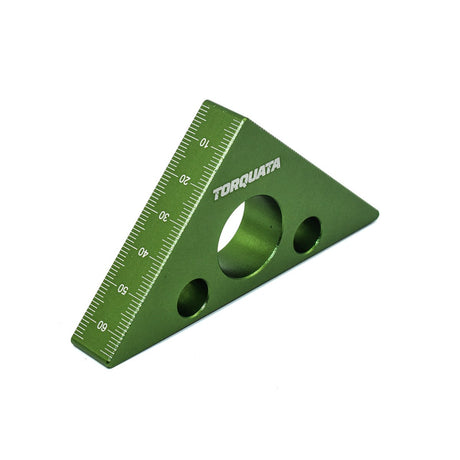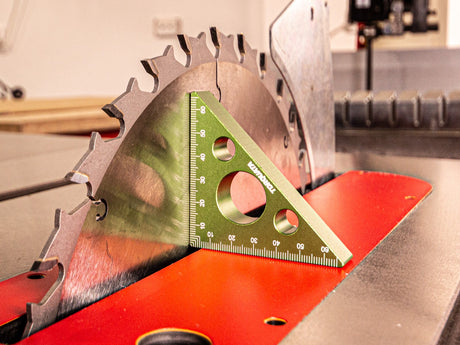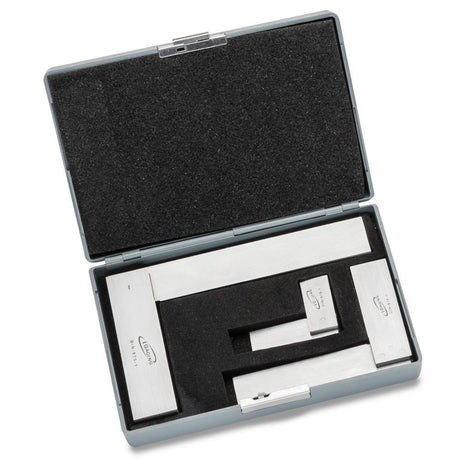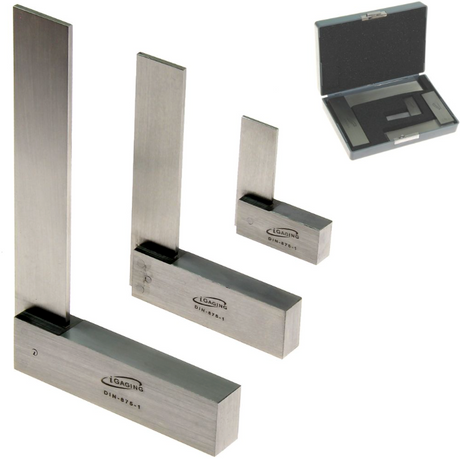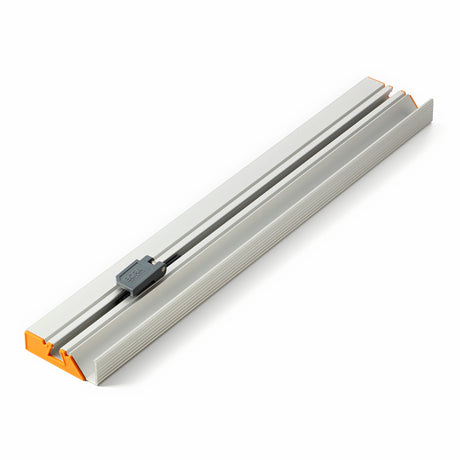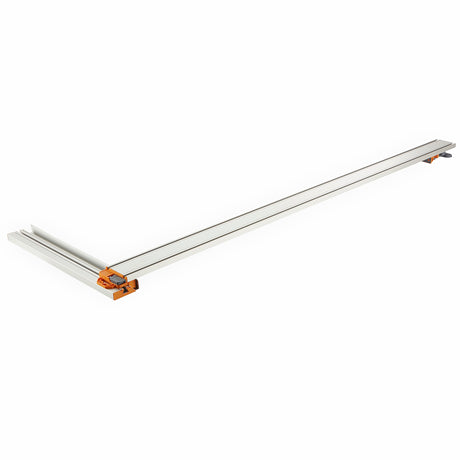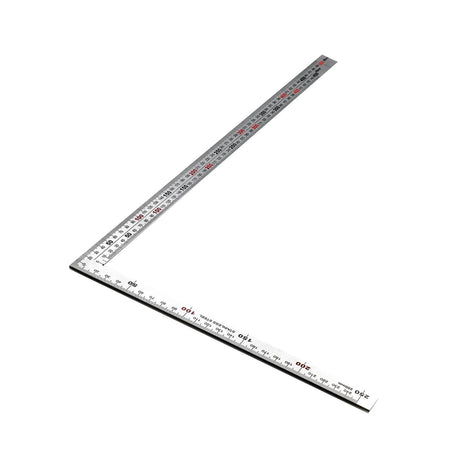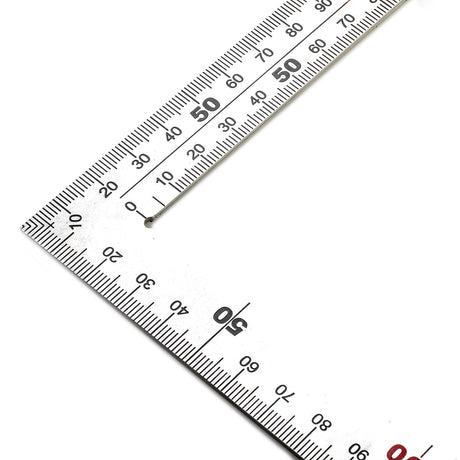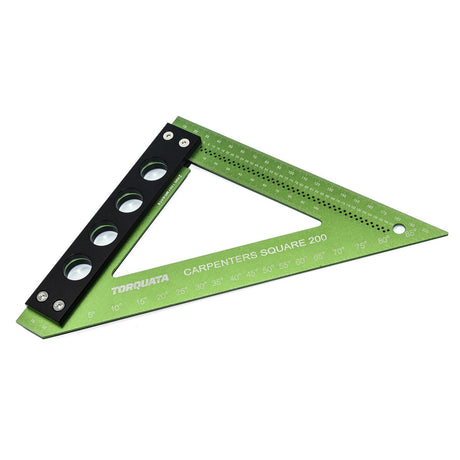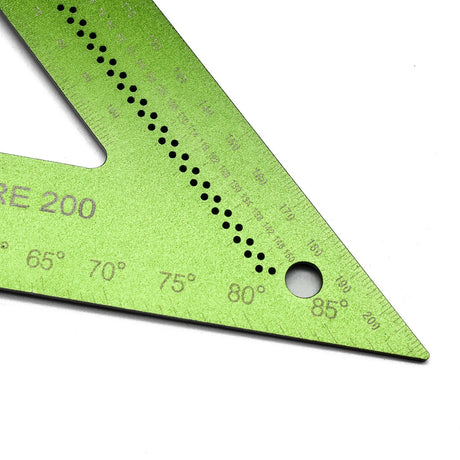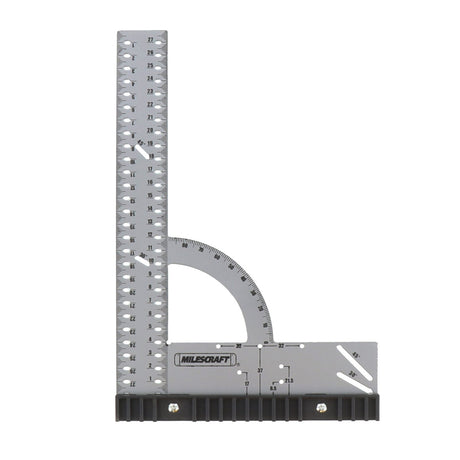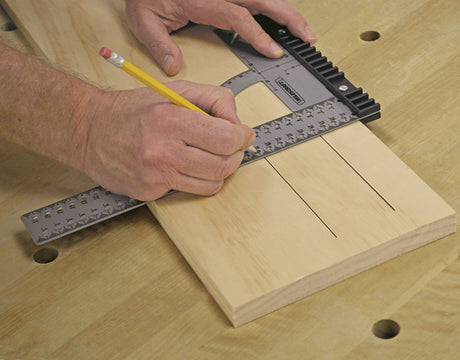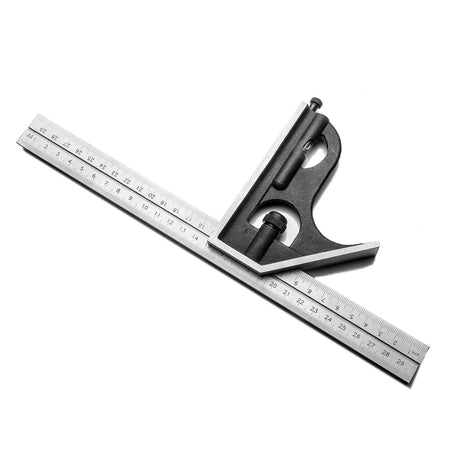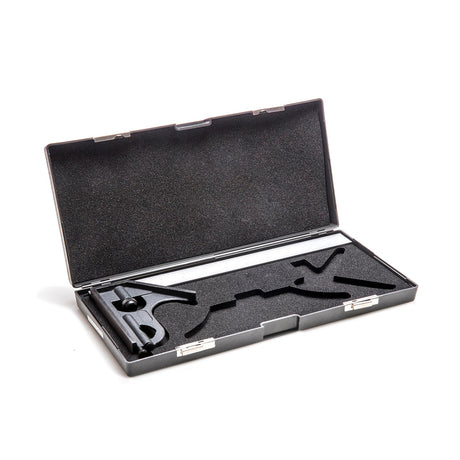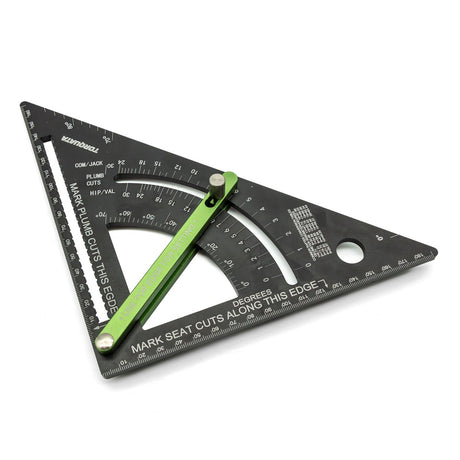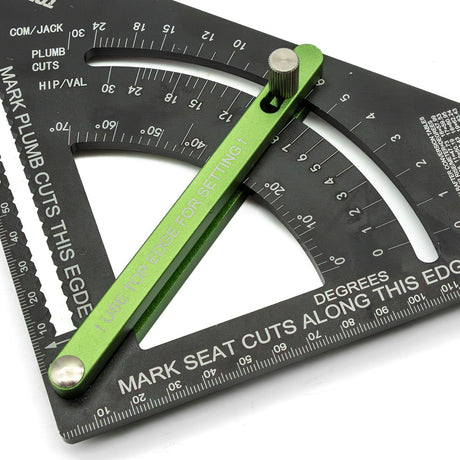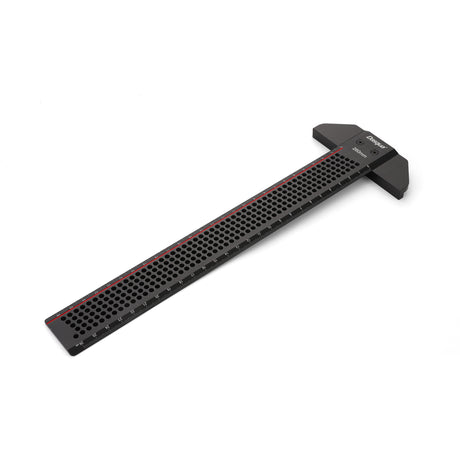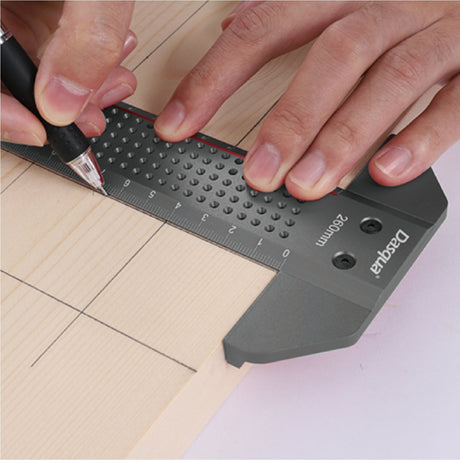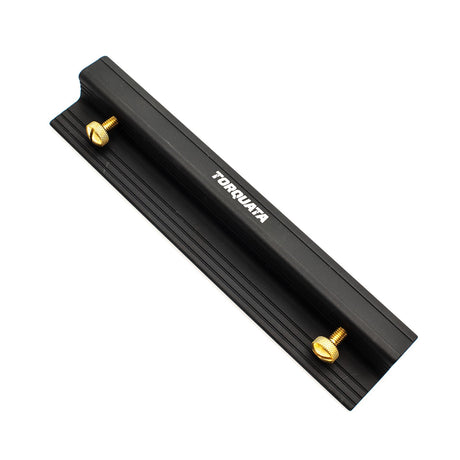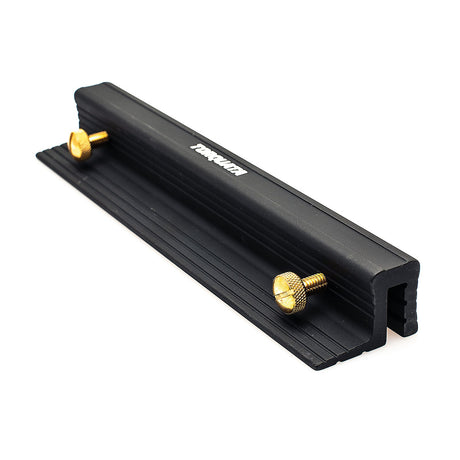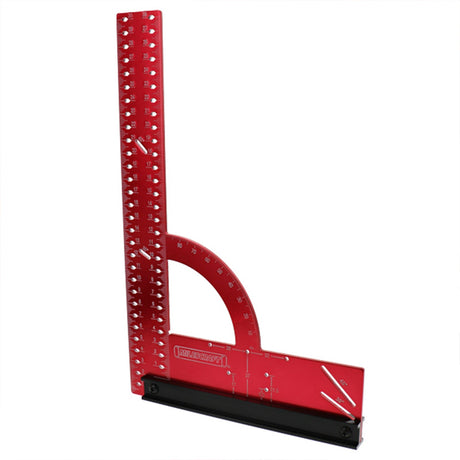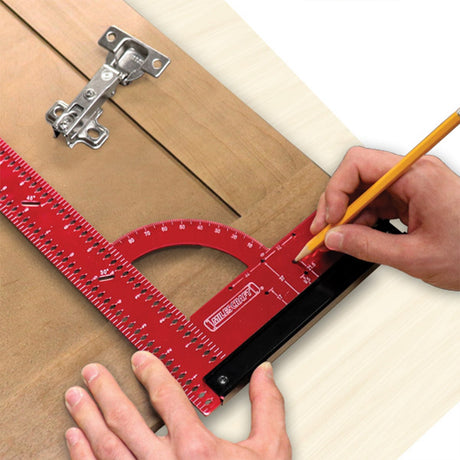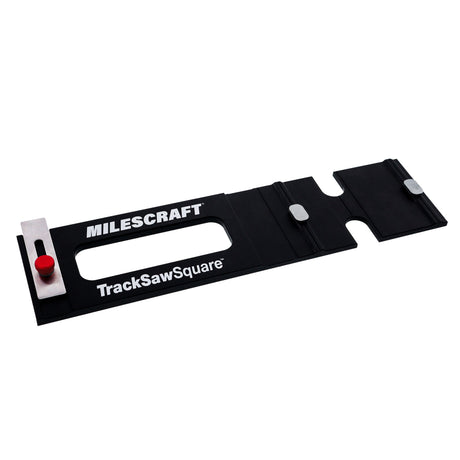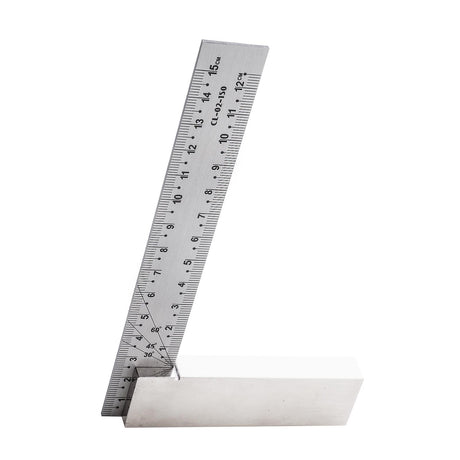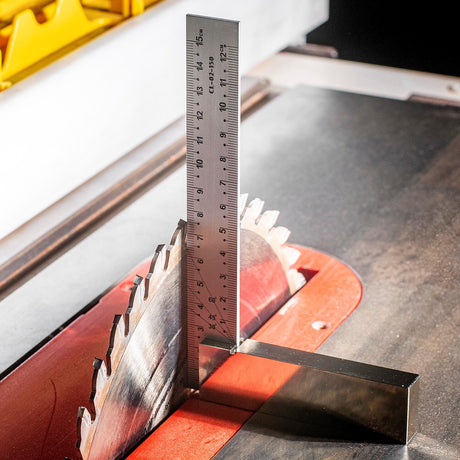Torquata
Torquata Aluminium Setup Square Triangular 90/45 Degrees
$19.90Unit price /UnavailableIn stockBora Tool
BORA NGX T-Square Accessory for Clamp Edge Saw Guide
$24.90Unit price /UnavailableIn stockNSB
Japanese Style Carpenter's Square 500x250mm Stainless Steel
$29.90Unit price /UnavailableIn stockTorquata
Torquata Triangular Carpenters Square 90/45 Degree 210mm
$44.90Unit price /UnavailableIn stockMilescraft
Milescraft Carpenter's Framing Squares Metric
From $19.90Unit price /UnavailableIn stockiGaging
iGaging Set of 2 Double Squares 100mm & 150mm Metric & Imperial
$64.90Unit price /UnavailableIn stockiGaging
iGaging Two Piece Combination Square Set with Ruler & Try Square Head
$79.90Unit price /UnavailableIn stockTorquata
Torquata Aluminium Rafter Square with Adjustable Fence 195mm
$29.90Unit price /UnavailableIn stockDasqua
Dasqua T-Square Ruler With Marked Holes 260mm Metric
$37.90Unit price /UnavailableVery low stock (5 units)iGaging
iGaging Set of 2 Combination Squares 150mm & 300mm Metric/Imperial with Storage Case
$134.90Unit price /UnavailableIn stockMilescraft
Milescraft MC-Square300 Carpenter's Square 300mm with Angle Finder Metric
$44.90Unit price /UnavailableIn stockMilescraft
Milescraft TrackSawSquare 90 Degree TrackSawGuide Square Accessory
$74.90Unit price /UnavailableIn stockNSB
Magnetic Base Try Square 150 x 90mm Stainless Steel Metric & Imperial
$29.90Unit price /UnavailableIn stock
Precision and Versatility with Woodworking Squares
Woodworking squares are essential tools for any woodworker aiming for accuracy and precision in their projects. These tools, which include try squares, combination squares, and engineer's squares, help in marking and verifying 90-degree angles, ensuring that cuts and joins are perfectly aligned. Using a high-quality square is crucial for achieving a professional finish, especially in tasks such as cabinetry, joinery, and detailed woodworking projects.
Different types of squares cater to various needs. For instance, a combination square is highly versatile, featuring a ruler, try square, and a protractor head, making it ideal for various measuring and marking tasks. Meanwhile, an engineer's square is perfect for checking the accuracy of machinery setups or verifying the squareness of workpieces in metalworking.
Investing in a durable, accurate square ensures consistent results across multiple projects. When choosing a square, consider factors such as the material, size, and additional features like metric and imperial measurements, which can enhance the tool's versatility.
Regular maintenance, such as cleaning the blade and checking for accuracy, can extend the life of your square, ensuring it remains a reliable part of your toolkit for years to come.
FAQs
What are the different types of squares used in woodworking?
The main types of squares include try squares, combination squares, and engineer's squares. Try squares are primarily used for checking right angles, combination squares offer versatility with multiple measurement options, and engineer's squares are used for precise work in both woodworking and metalworking.
How do I choose the right square for my project?
Choosing the right square depends on the task. For general woodworking, a combination square is versatile and practical. For precise angle verification, an engineer's square is ideal. Consider the material, size, and whether you need metric or imperial measurements.
Can woodworking squares be used for metalworking?
Yes, many woodworking squares, especially engineer's squares, are suitable for metalworking. They are used to check the squareness of metal parts and ensure the accuracy of machinery setups.
How do I maintain the accuracy of my woodworking square?
To maintain the accuracy of your square, regularly clean the blade, store it properly to avoid damage, and periodically check its accuracy using a known reference, such as a precision-machined corner or a calibration block.
What materials are woodworking squares typically made from?
Woodworking squares are typically made from materials like stainless steel, aluminum, or hardened steel. Stainless steel and aluminum are preferred for their durability and resistance to corrosion, while hardened steel squares are often used for heavy-duty or precision work.

